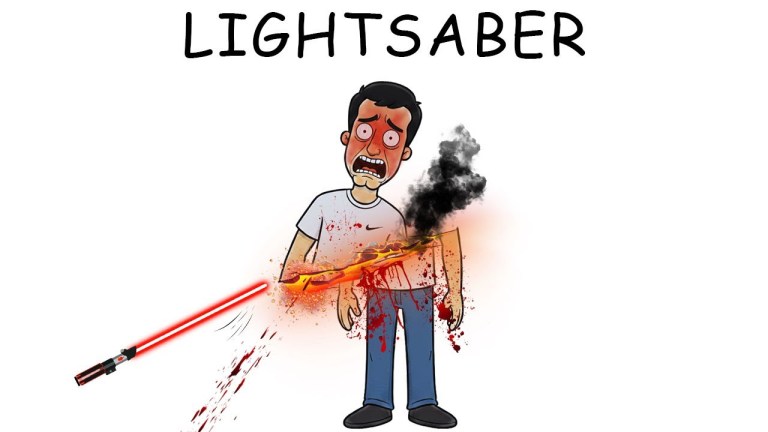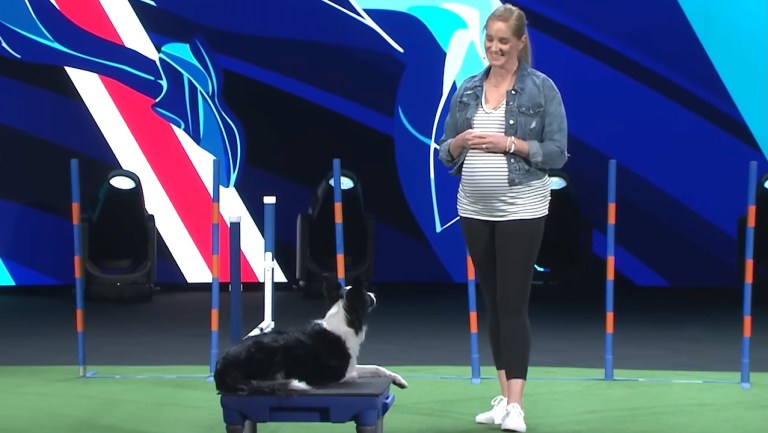The Origins of Certain English Words That Only Exist in Their Negative Forms
In the latest episode of their fascinating and informative etymological whiteboard series for Mental Floss, linguist Arika Okrent and illustrator Sean O’Neill verbally and visually explain the origins of certain words that only exist in their negative forms throughout English (i.e. feckless, uncouth, unwieldy, hapless) and why the positive forms of these word have since become obsolete.
How come some words only have a grumpy, negative version? Here are a few that used to have happier counterparts, but we stopped using them. Like feck, which was another way of saying ‘effect’ in Scotland. They also had feckful for strong and resourceful. Feckless, by contrast, was weak and ineffective, and now means irresponsible and lacking initiative. Couth was an old word for known, also familiar, pleasant, or cozy. It’s related to kith, as in kith and kin: the people you know and the people you’re related to. So uncouth was alien, unfamiliar, strange, and eventually today’s ‘uncultured and bad mannered’. …Something gainly is direct, useful and helpful. Ungainly is unpleasant, incompetent, and awkward. Hap, meant luck or fortune. It’s also where the word ‘happy,’ which originally meant fortunate, comes from. And ‘happen,’ which originally meant something that occurs without a cause, just by chance. Hapless was ‘unlucky’ before it came to mean ‘incompetent’. To be wieldy meant to be capable of easily wielding your limbs, or your weapons. Light, quick and agile. Unwieldy, by contrast, is a bit well, ungainly, feckless and hapless.






